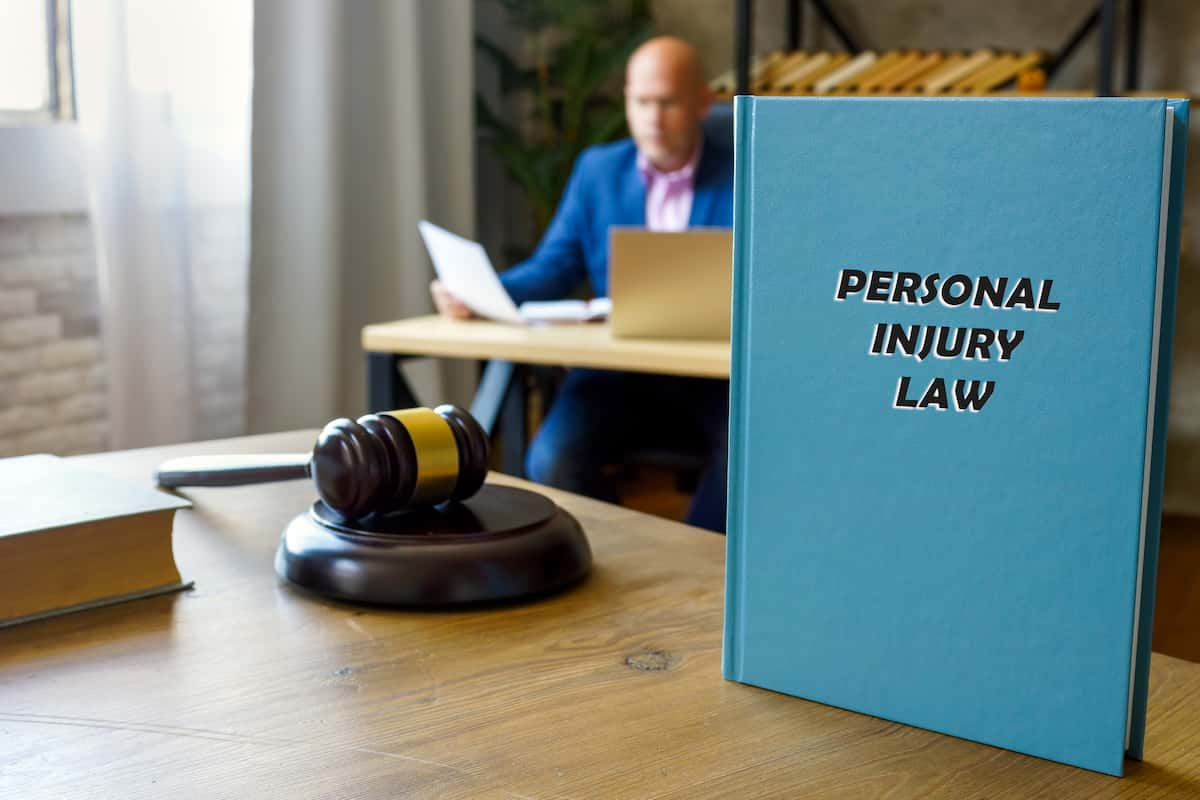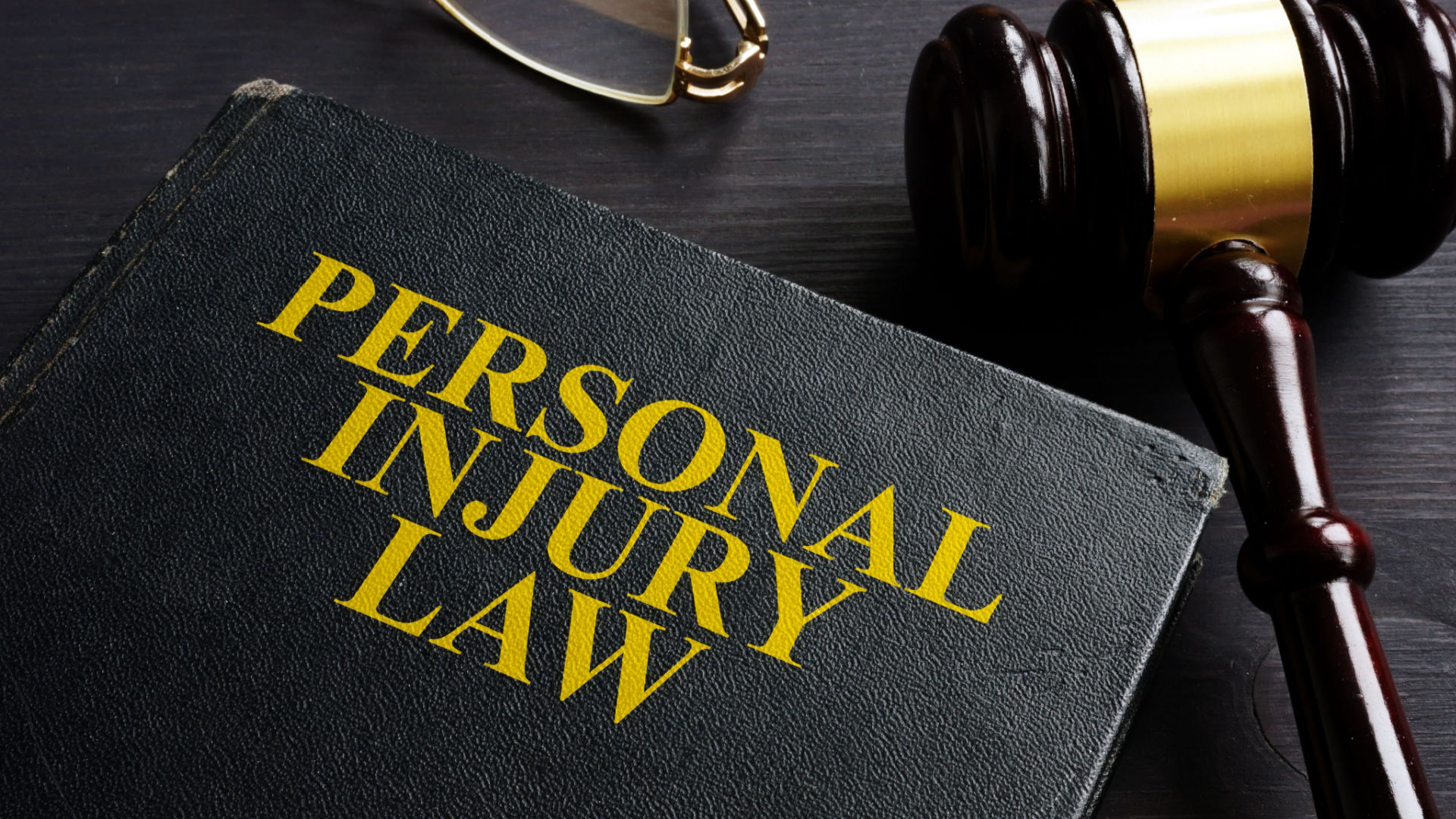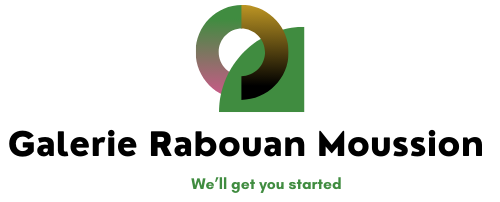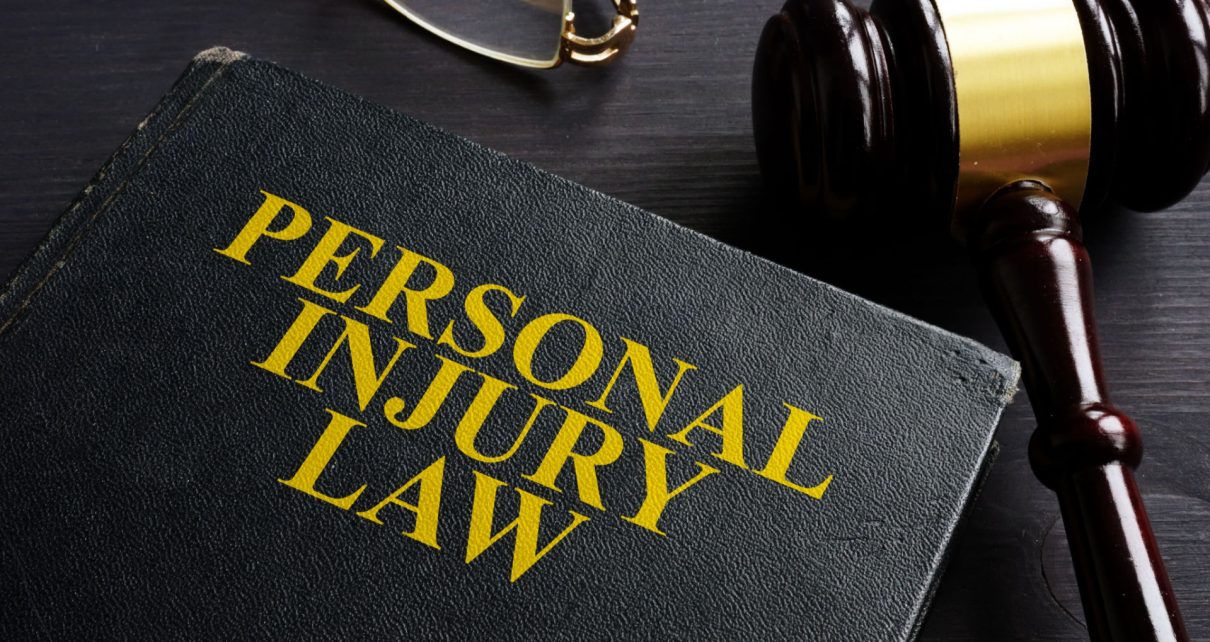If you’ve suffered an injury due to an accident or negligence in Alberta, you may be entitled to compensation. However, understanding the personal injury claim process can be overwhelming. With so many steps involved, it’s essential to have clear guidance from personal injury lawyers to ensure you receive the compensation you deserve. This article will walk you through the key steps involved in the process, so you can better understand how to proceed after an injury.
1. The First Steps After an Injury
The immediate actions you take after an accident are critical. The first thing you should do is seek medical attention, even if your injuries seem minor. Document your injuries and the circumstances of the accident by taking photos, gathering witness statements, and keeping a record of any medical treatments. This documentation will be crucial when presenting your case.
Once your health is stabilized, you may want to consult personal injury lawyers. They can provide valuable advice on whether you have a strong claim and help you gather the necessary evidence. Most injury lawyers work on a contingency basis, meaning they only get paid if you win your case, so there’s no financial risk in seeking legal advice.

2. Reporting the Injury
In Alberta, it’s important to report your injury as soon as possible. Whether your injury occurred in a car accident, at work, or due to someone else’s negligence, you must report it to the relevant authorities. For example, in the case of a car accident, you must report the incident to the police, while work-related injuries should be reported to the Alberta Workers’ Compensation Board (WCB).
Failing to report the incident in a timely manner may harm your case, as it could be seen as a lack of urgency or credibility.
3. Filing a Claim
Once you’ve reported the injury, the next step is to file a personal injury claim. This involves submitting the relevant documentation to the insurance company or the liable party. Your personal injury lawyers will assist you in filing the claim, ensuring all paperwork is accurate and complete.
In Alberta, the statute of limitations for personal injury claims is typically two years from the date of the injury. However, certain cases may have different time frames, so it’s important to start the process early to avoid losing your right to claim.
4. Settlement Negotiations
After your claim is filed, the insurance company or the responsible party will likely offer a settlement. This is where having skilled personal injury lawyers on your side is vital. Lawyers are trained to assess whether the settlement offered is fair and whether it compensates you adequately for medical expenses, lost wages, pain and suffering, and other damages.
Often, the first settlement offer is not the best one. Your lawyer can negotiate with the insurance company on your behalf to secure a better offer. If both parties can reach a satisfactory agreement, your claim may be resolved at this stage without going to court.
5. Going to Court
In some cases, settlement negotiations may break down, and you may need to take your claim to court. While this is not always necessary, it’s an option if a fair settlement cannot be reached. During the trial, both sides will present their evidence, including medical records, witness statements, and expert testimonies. Your personal injury lawyers will represent you in court, making sure your side is well-represented and your damages are clearly outlined.
6. The Compensation Process
If your claim is successful, you will receive compensation based on the severity of your injuries and the impact they’ve had on your life. This compensation can cover medical bills, lost income, pain and suffering, and even future expenses if the injury has long-term consequences. In some cases, punitive damages may be awarded if the defendant’s actions were particularly reckless or intentional.
7. Key Challenges in Personal Injury Claims
There are several challenges that can arise during the personal injury claim process. One of the most common hurdles is proving liability, especially in cases where there are multiple parties involved. In some situations, insurance companies may try to minimize their payout by questioning the severity of the injury or the circumstances of the accident.

Another challenge is dealing with the emotional and physical toll of the injury while navigating the legal process. It’s crucial to have a support system, including experienced personal injury lawyers, to guide you through these challenges.
8. Why You Should Hire a Personal Injury Lawyer
While it’s possible to handle a personal injury claim on your own, having a lawyer with experience in Alberta’s personal injury laws can make a significant difference. Personal injury lawyers not only help you understand your rights but also ensure you receive fair compensation for your damages.
They are familiar with the nuances of local laws, can negotiate with insurance companies on your behalf, and are skilled in presenting cases in court if necessary. Most importantly, they work on a contingency basis, meaning you don’t pay unless you win, so it’s a risk-free way to pursue the compensation you deserve.
Conclusion
The personal injury claim process in Alberta can seem complicated, but with the right guidance, you can navigate it successfully. From seeking medical attention and reporting the injury to negotiating settlements or going to court, each step plays a crucial role in ensuring that your rights are protected and that you are compensated for your injuries. Don’t hesitate to contact personal injury lawyers early in the process to get the expert help you need.



